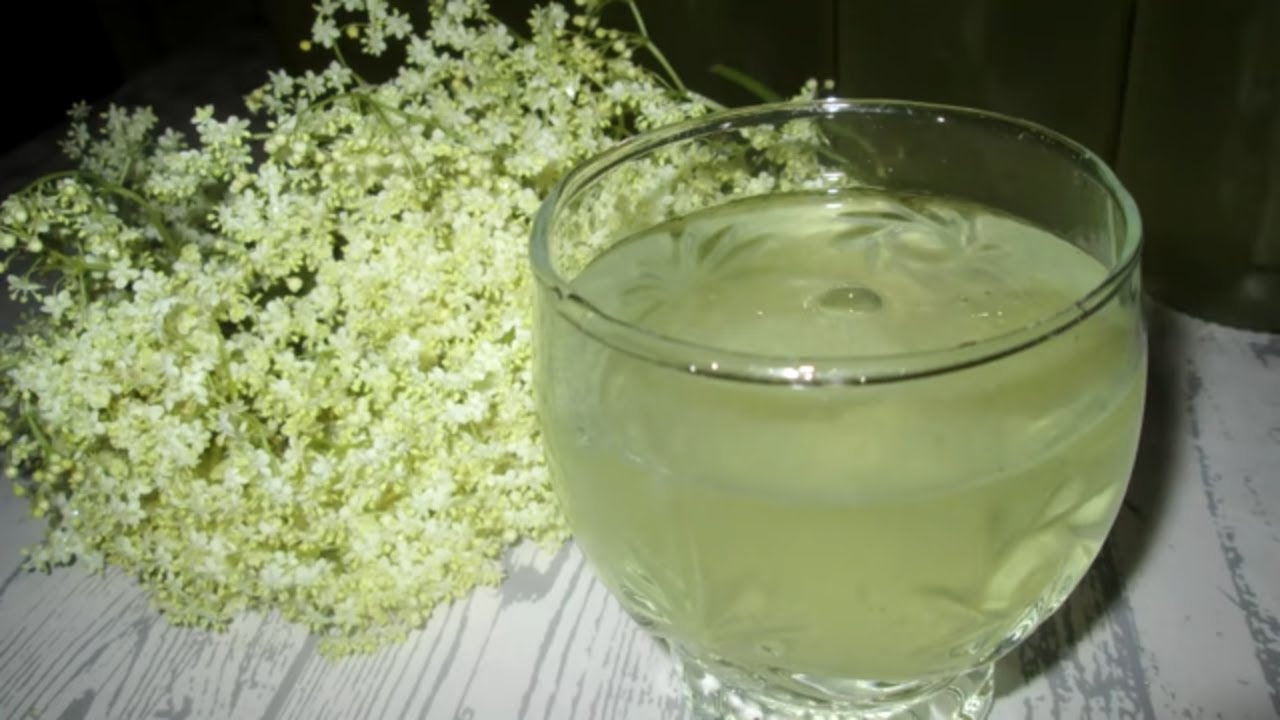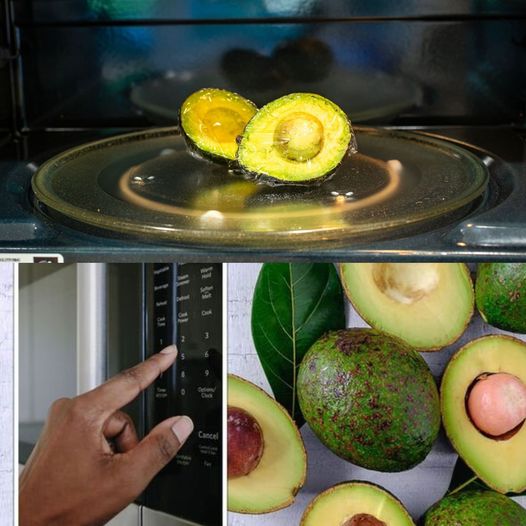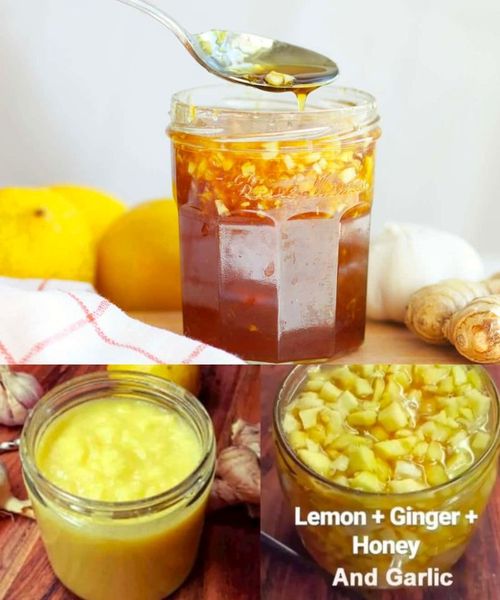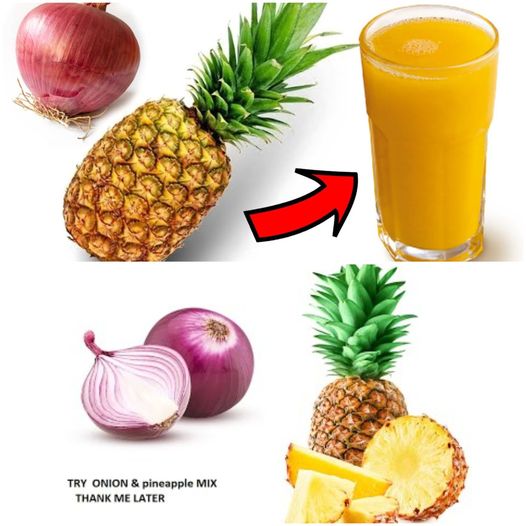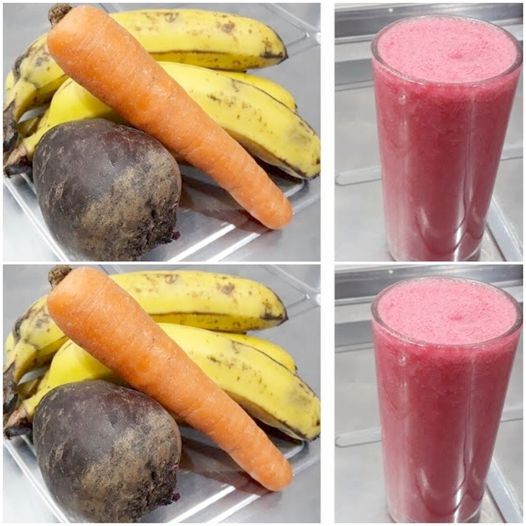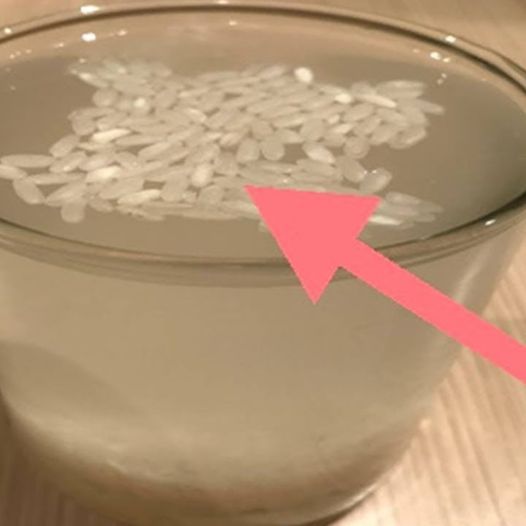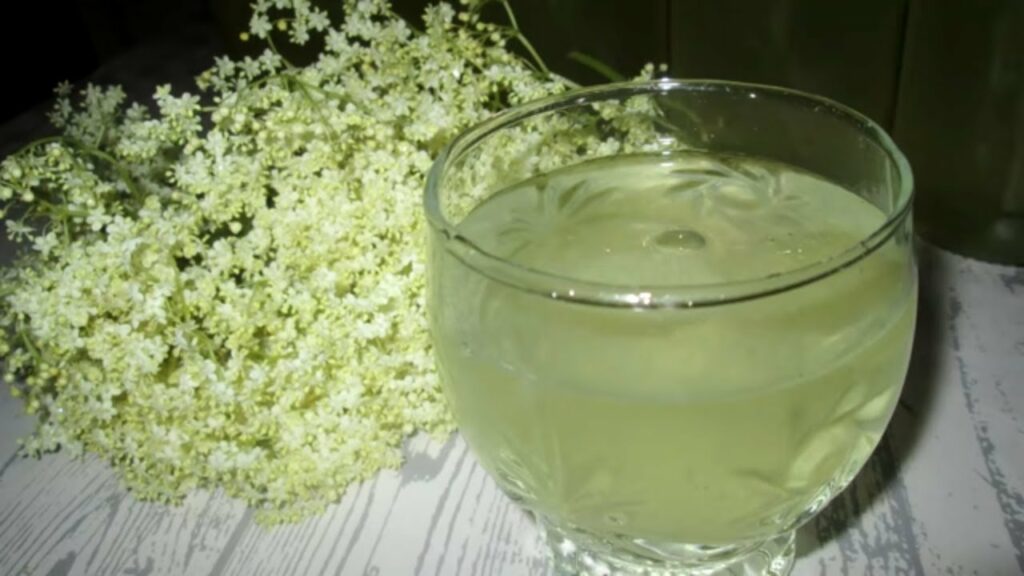
Introduction: Elderberry syrup is a time-honored remedy celebrated for its delightful flavor and health-boosting properties, particularly during the cold and flu season. Making it in the old-fashioned way not only connects us to a simpler time but also allows us to control the ingredients, ensuring a healthier, sugar-free version. Whether you’re looking to enhance your immune system or simply enjoy a natural homemade syrup, this recipe without sugar is perfect for you.
Benefits of Elderberry: Elderberries are renowned for their high vitamin C content and strong antioxidant properties. They have been used traditionally to combat viruses and support the immune system. The berries also contain dietary fiber which promotes digestive health, making them a powerhouse ingredient for natural remedies.
How to Make Sugar-Free Elderberry Syrup: Ingredients:
-
1 cup of fresh or dried elderberries
-
4 cups of water
-
1 cup of honey or a suitable sugar-free sweetener like stevia or erythritol (adjust according to your preference for sweetness)
-
2 tablespoons of lemon juice
-
Optional: A stick of cinnamon or a few cloves for extra flavor
Instructions:
-
Prepare the Berries:
-
If using fresh elderberries, wash them thoroughly. For dried elderberries, ensure they are free from any debris or impurities.
-
-
Cook the Berries:
-
Place the elderberries in a large saucepan and add water. Bring the mixture to a boil, then reduce the heat and simmer for about 45 minutes to an hour, allowing the liquid to reduce by about half. This process extracts all the beneficial juices from the berries.
-
-
Strain the Mixture:
-
After simmering, take the pan off the heat. Mash the berries carefully using a spoon or masher to release any remaining juice.
-
Strain the mixture through a fine mesh sieve or cheesecloth into a bowl. Press on the berry solids to extract as much liquid as possible.
-
-
Add Sweeteners and Preservatives:
-
While the liquid is still warm (but not boiling), stir in your choice of honey or a sugar-free sweetener. This not only sweetens your syrup but also helps preserve it.
-
Add lemon juice to enhance the syrup’s flavor and shelf-life. If you included cinnamon or cloves, remove them during this step.
-
-
Bottle the Syrup:
-
Pour the finished syrup into sterilized glass bottles or jars. Seal tightly.
-
-
Storage:
-
Store your elderberry syrup in the refrigerator. It will keep for up to two months. For longer storage, consider freezing portions for easy use later.
-
Conclusion: Making your own elderberry syrup in the traditional, sugar-free way is a rewarding and healthful project. This syrup can be enjoyed on its own by the spoonful for immune support, drizzled over pancakes, mixed into beverages, or used as a base for dressings or marinades. Enjoy the rich flavors and health benefits of your homemade elderberry syrup, knowing that you’re nurturing your body with every spoonful.
